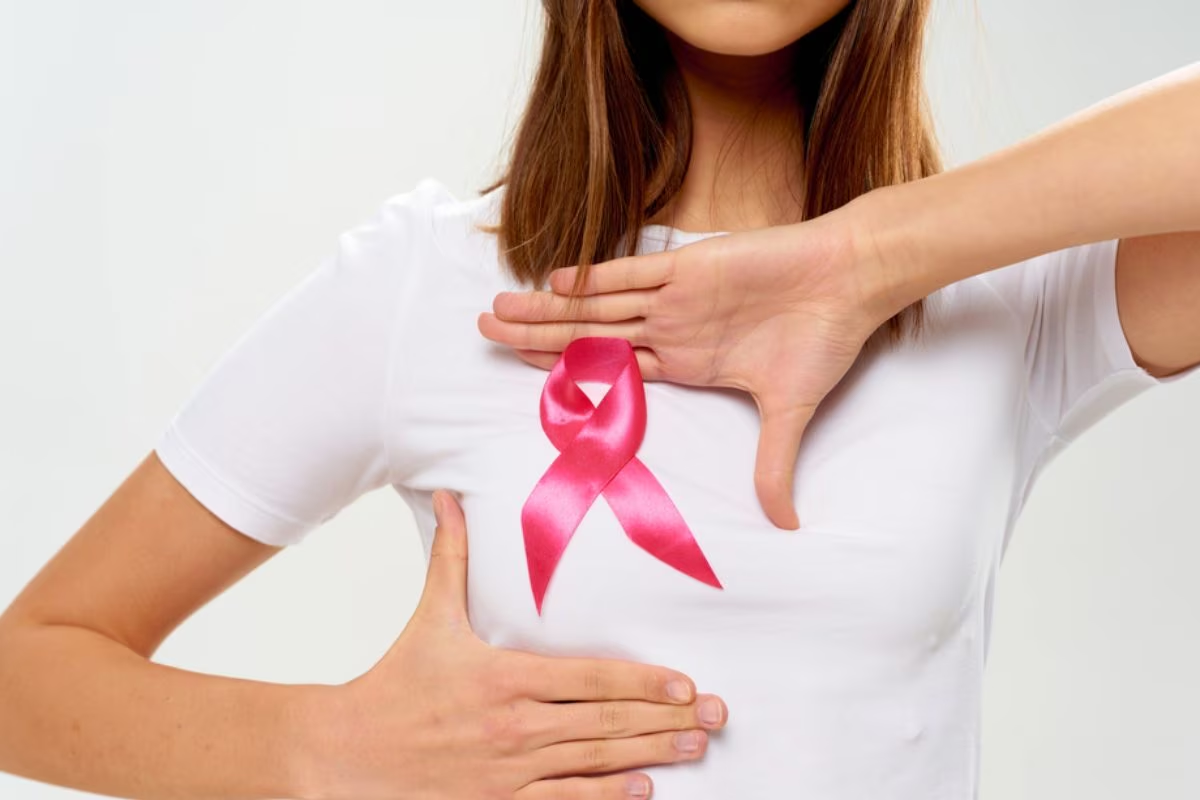Oct 17,2024

Breast cancer has seen a notable increase in incidence over recent years, making awareness and early detection critical. Health professionals emphasize that women need to be vigilant about the signs and symptoms, as well as the importance of regular screenings to improve survival rates and outcomes.
Dr. P. Padmavathi, MBBS, DGO, DNB, Apollo Clinic, Nizampet, highlights the common symptoms of breast cancer that women should be aware of, “The symptoms of breast cancer include a lump in the breast or axilla (underarm), pain in the breast, bloody discharge from the nipple, and changes in the skin over the breast. If any of these symptoms appear, women should seek medical advice. Regular mammograms can help detect breast cancer at an early stage.”
Self-breast examination (BSE) is another crucial tool for early detection. Dr. Padmavathi explains that during a BSE, women should look for symptoms like redness, itching, rashes, swelling of the nipples, lumps, or any unusual discharge from the nipple. If any of these signs or other changes are noticed, consulting a healthcare provider immediately is essential. “Early detection leads to successful treatment and increases survival rates,” she adds.
Dr. N. Sapna Lulla, Lead Consultant, Obstetrics and Gynecology, Aster CMI Hospital, Bangalore, also stresses the importance of mammograms and regular self-examinations for breast health awareness. “Women between the ages of 40 and 55 should get their mammogram done every year, as this can help detect any cancer development early. Women over 50 should continue with biennial or annual mammograms, depending on their risk factors.” She further highlights that those with a family history of breast cancer should start screening earlier, as it can help reduce their risk of developing the disease.
Dr. Lulla points out that while some women may not show any symptoms, others may experience the following warning signs of breast cancer:
Both doctors emphasize the role of education and open communication in encouraging women to stay proactive about their breast health. Dr. Lulla concludes, “Discussing and openly talking about breast cancer can reduce hesitation and boost confidence, ultimately leading to timely action and risk reduction.”
By staying informed, regularly performing self-exams, and undergoing appropriate screenings, women can significantly improve their chances of early detection, timely treatment, and better health outcomes.
.svg)
